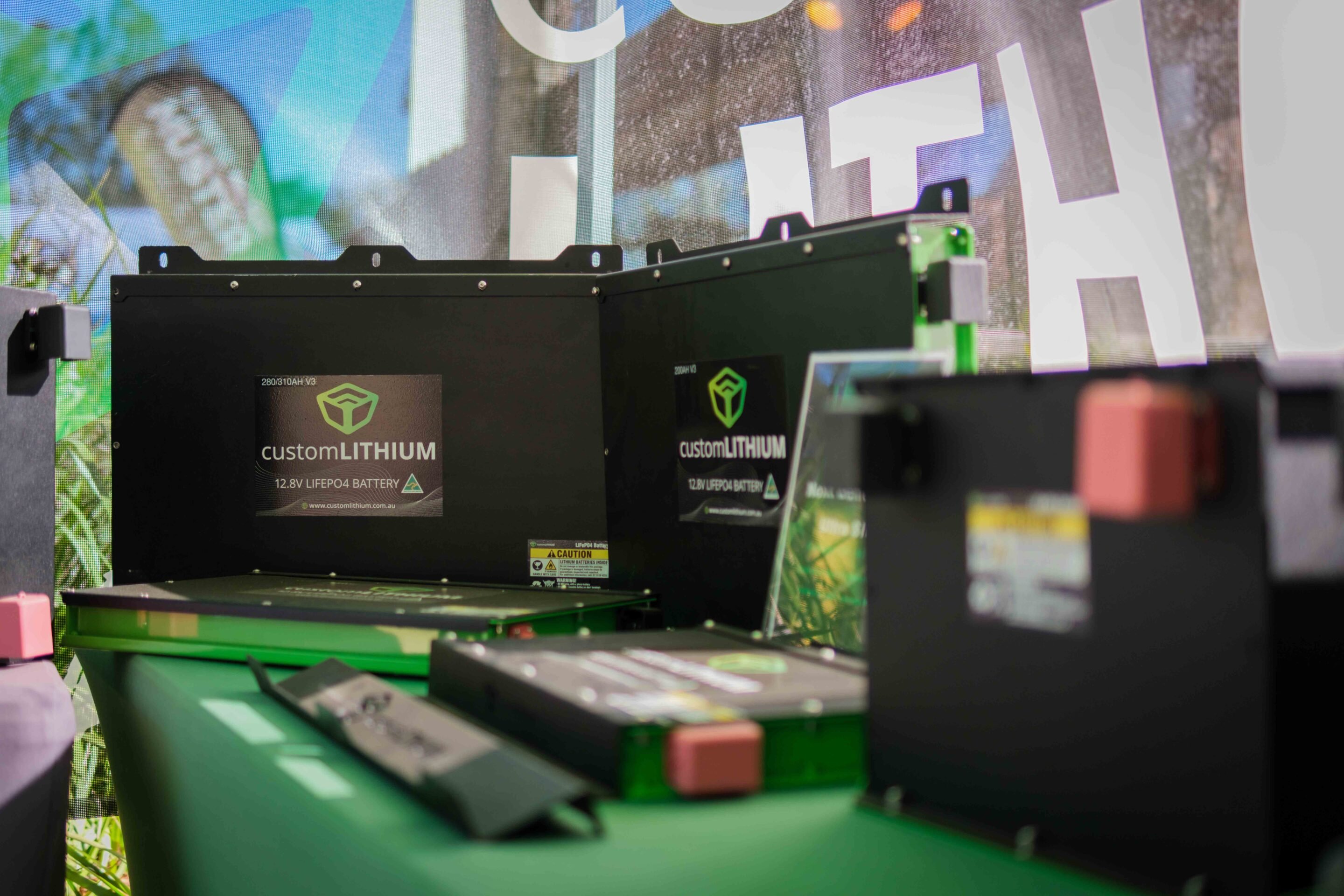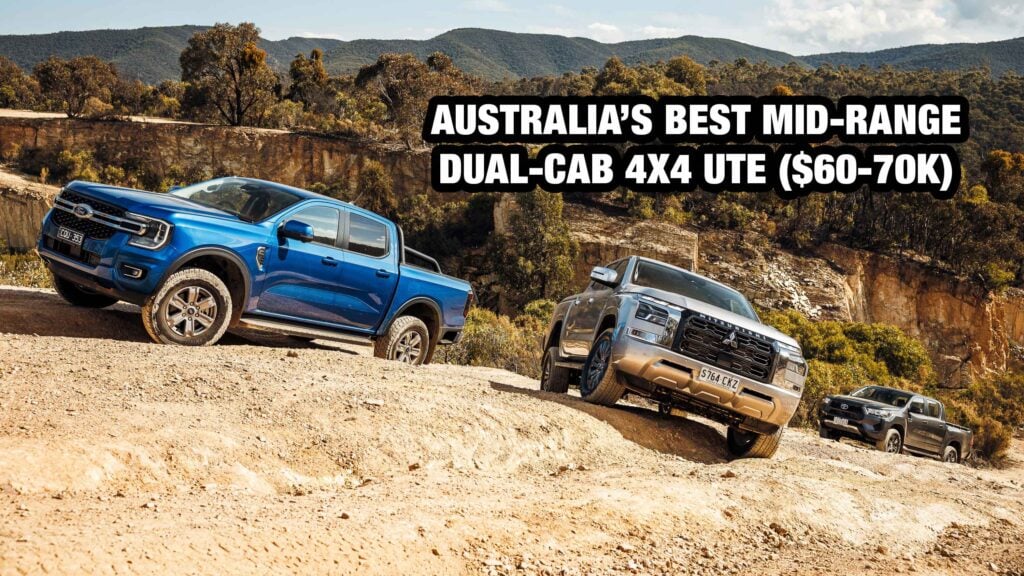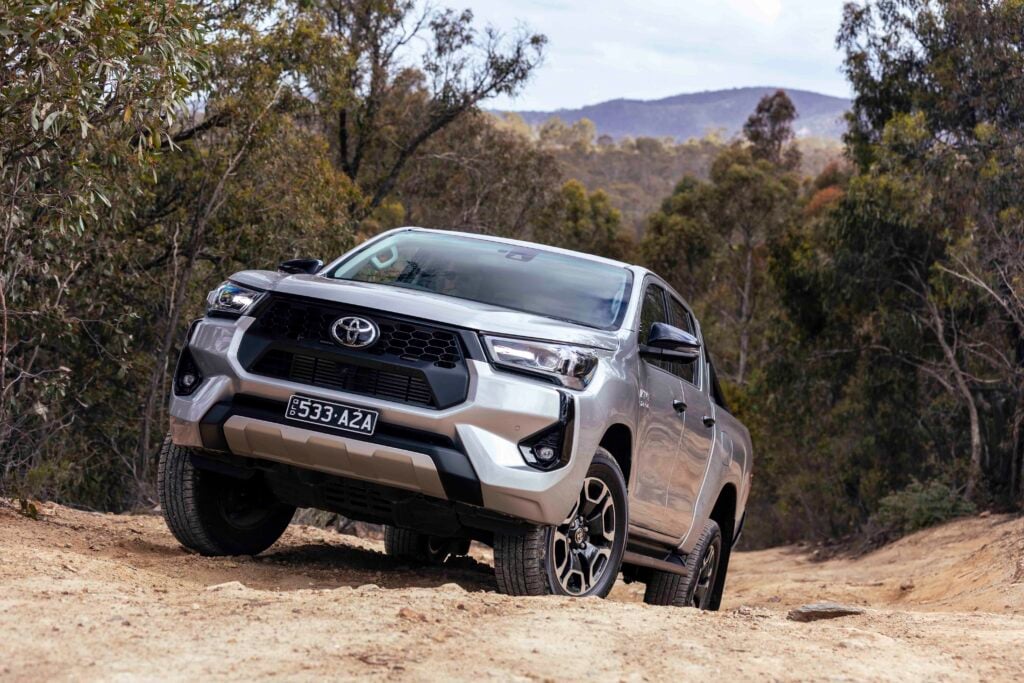For 4x4s, caravans and off-grid setups, lithium batteries are increasingly common.
But there’s a lot of confusion about what they can and can’t do. This guide explains how lithium batteries work, their advantages over lead-acid, and addresses some common misconceptions.
What Are Lithium Batteries?
Most modern systems use LiFePO₄ (lithium iron phosphate) batteries. Compared to lead-acid, lithium batteries are lighter, store more usable energy, and maintain voltage consistently as they discharge. They also include Battery Management Systems (BMS) to prevent overcharging, over-discharging and overheating, which is important for off-grid or remote use.
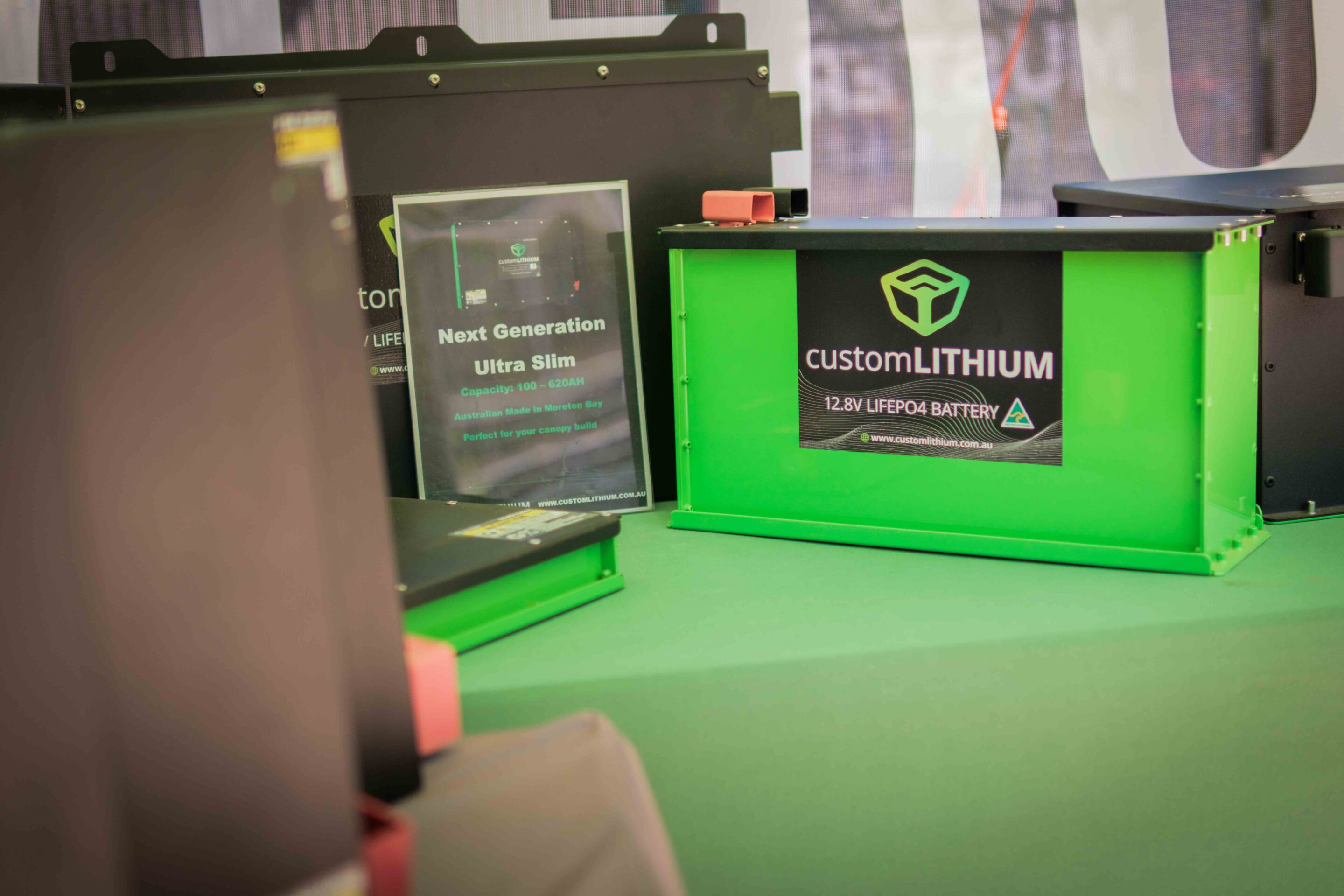
Advantages Over Lead-Acid Batteries
- Higher usable capacity: A 100Ah lithium battery can use almost all 100Ah safely, while lead-acid batteries should only use around 50 per cent.
- Lower weight: Lithium batteries are roughly half the weight of equivalent lead-acid units, freeing up payload for gear.
- Faster charging: They accept higher charging currents, so batteries recharge quicker at camp or from solar.
- Longer lifespan: LiFePO₄ batteries can last 2000 to 5000 cycles; lead-acid usually lasts 300 to 500 cycles.
- Stable voltage output: Devices run at consistent power until the battery is nearly empty.
Common myths busted
Myth 1: Lithium batteries are unsafe.
- Modern LiFePO₄ batteries include BMS and thermal protection. When used correctly, fire risk is very low.
Myth 2: They don’t work in cold conditions.
- Lithium batteries lose capacity below 0°C, but most systems include charge limits or heating options to protect the battery.
Myth 3: Lead-acid is cheaper over time.
- Lithium batteries cost more up front but last longer and provide more usable power, often balancing out the initial investment.
Myth 4: All lithium batteries are the same.
- Quality varies. Choose brands with proper BMS, warranties and a proven track record.
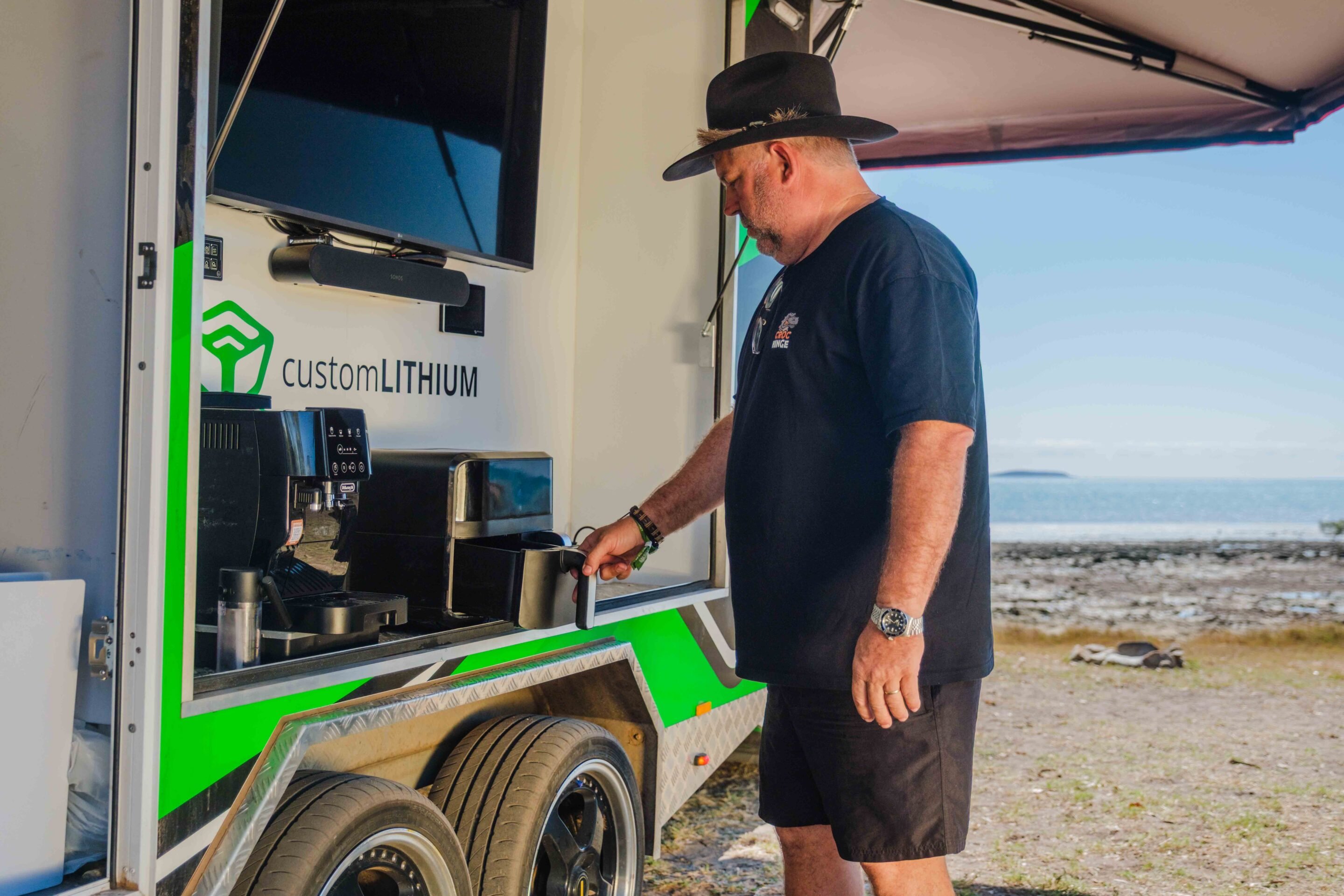
Practical uses for 4×4 and camping
- Running fridges, lights, water pumps, and induction cookers on extended trips.
- Powering winches, compressors, and recovery gear on the track.
- Supplying camping rigs, caravans, or camper trailers with reliable energy.
Final word
For off-road and camping setups, lithium batteries provide lighter, longer-lasting, and more consistent power than lead-acid units. Understanding their capabilities and limitations helps you choose the right system for your trips and ensures reliable performance in remote locations.

